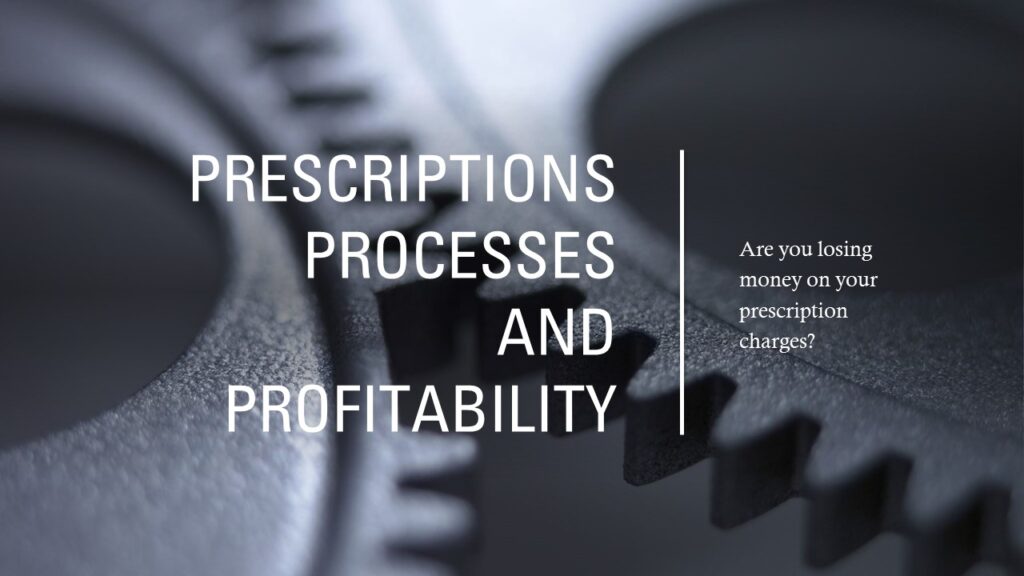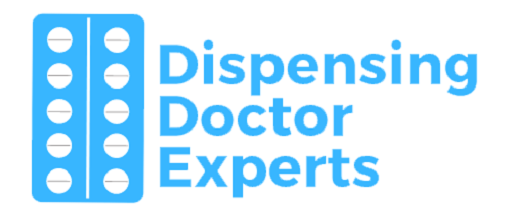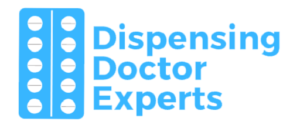
As the Prescription Charge has just risen again to £9.35 from April 1st, and as I am helping several dispensaries with some Prescription Charge anomalies, I thought it would be useful to remind dispensing practices how important this is to get this right.
Whilst the £9.35 charge does not go into the dispensary as income, for each prescription charge NOT taken, when it should have, costs the dispensary £9.35 per item. So perhaps it is time to change the way that you view these charges. Maybe think of it as money coming into the practice, rather than just a cost going out?
By this I mean you really need to get your processes right.
Firstly, you must ensure that the patient is eligible for free prescriptions and then tick the correct box and sign it. If required, tick the evidence not seen box to make sure. And always date the signature; it is essential that this is done for every prescription dispensed otherwise the dispensary will lose £9.35 per item, not per prescription, per item. With 3 items on a prescription, this is nearly £30 lost, and for 5 prescriptions with 3 items on each, this is nearly £150! With margins getting tighter all the time, hit level of unnecessary loss is inexcusable.
The next part of the process is how you record the paid and exempt items dispensed. This should be done daily, you do not need to record the number per prescriber, it is more important to get an actual number of paid items per day for the whole practice. You really should do this daily, not weekly, and keep on top of it! It will make your month end so much easier and reconciling your charges taken against your Open Exeter statement.
The final process is checking your Open Exeter statement against your list of exempt and paid prescription item figures. The aim is to make sure that you are not deducted any money for items which NHS Prescription Services think the patient should have paid for, but your dispensary didn’t take a payment from the patient. Its fundamental.
Your dispensing SOP should of course reflect the correct procedure for this, and it should be a matter of grave concern if the difference is greater than 2 or 3 items per month. If the number does differ greatly you will need to review your processes and if you think a mistake has been made by NHS Prescription Services, you can contact them and ask to see the prescriptions which have been switched from exempt to paid.
Finally, your dispensary design and layout are an important factor to bear in mind. If the patient flow through the dispensary is not correct, or the workflow process is not correct, you will end up making mistakes.
Put simply, if your income from prescription charges is less than what you are being deducted, then you are making a mistake somewhere and this needs to be investigated.
To find out more email contact@dispensingdoctorexperts.co.uk

